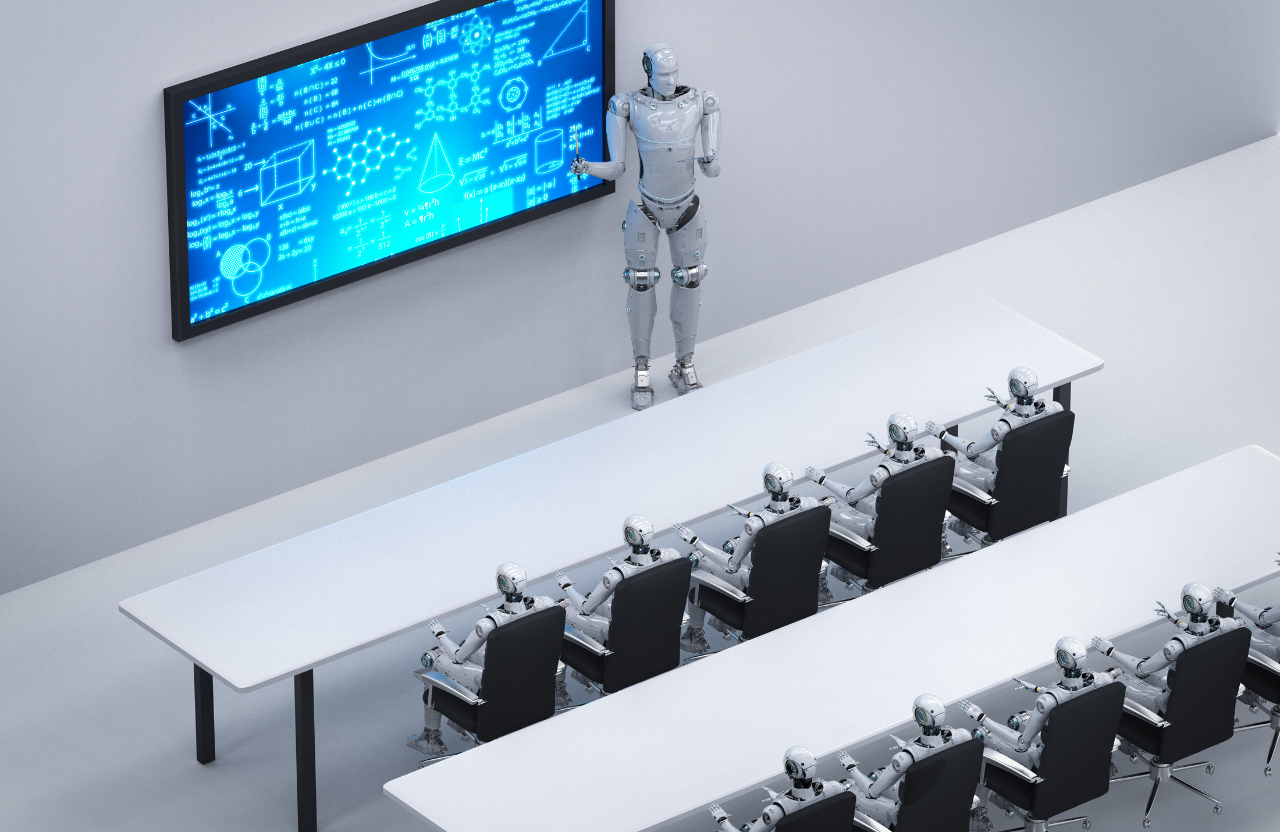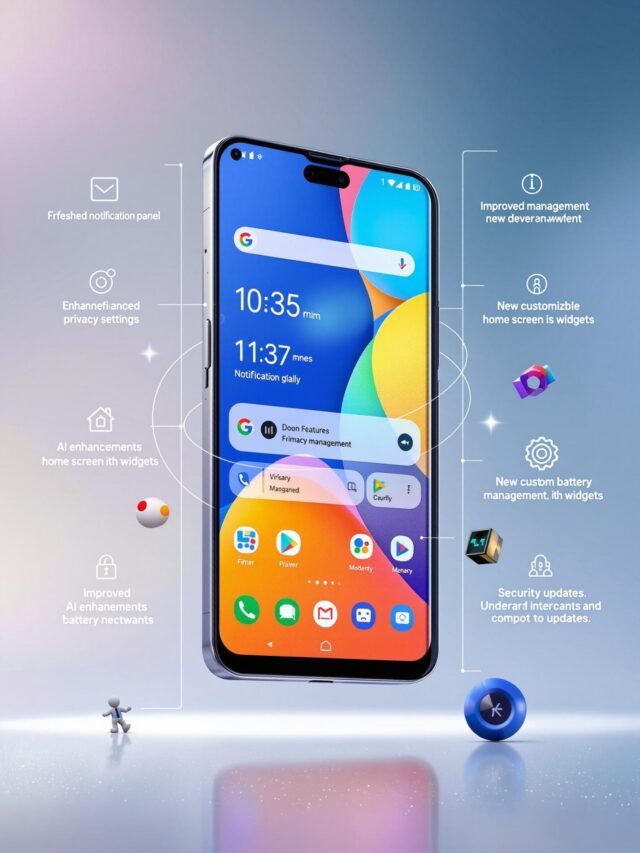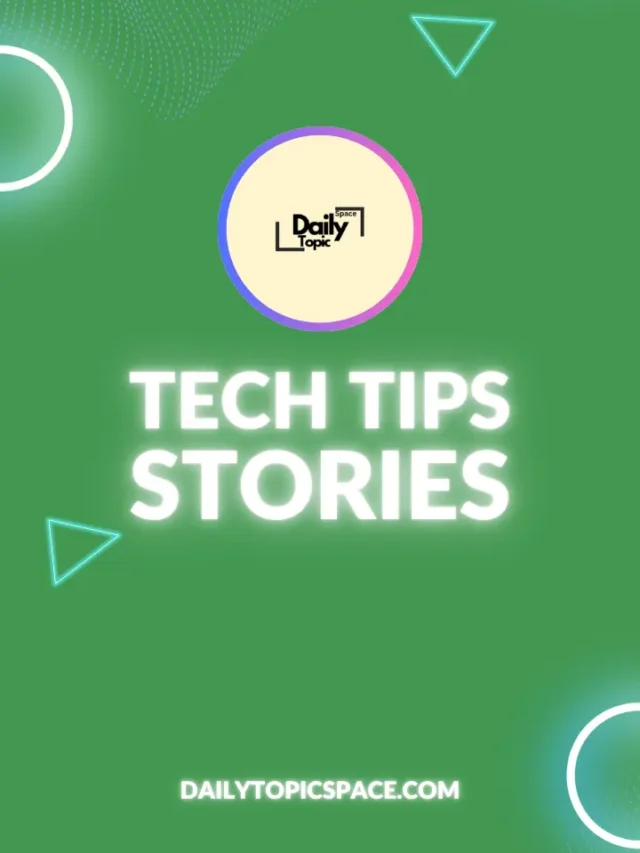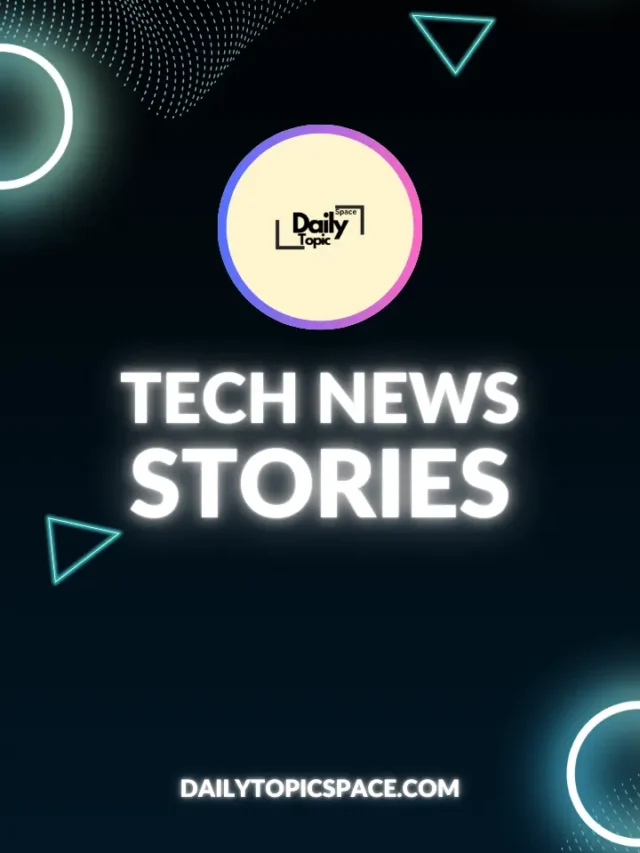Table of Contents
Introduction
AI in Education : Have you ever wondered how technology is revolutionizing the education sector? With the rapid advancement of artificial intelligence (AI), the classroom experience is undergoing a remarkable transformation. AI has the potential to enhance teaching and learning processes, making education more personalized, engaging, and effective. In this blog post, we will explore the various ways in which AI is reshaping education, from intelligent tutoring systems to adaptive learning platforms. So, let’s embark on this exciting journey and discover how AI is revolutionizing the classroom!
The Rise of AI in Education
AI, or artificial intelligence, is a type of computer science that makes machines smart enough to do things people usually do. Over the past decade, AI has made significant strides in various industries, and education is no exception. According to a report by Research and Markets, the global AI in education market is expected to reach $3.68 billion by 2023, growing at a CAGR of 47% from 2018 to 2023.
AI Teaching Assistants: A New Era of Learning
One of the most exciting applications of AI in education is the emergence of AI teaching assistants. These intelligent virtual assistants are designed to provide personalized support to students, answering their questions, assisting with assignments, and even providing feedback. AI teaching assistants, such as IBM’s Watson Assistant and Socratic, use natural language processing and machine learning algorithms to understand and respond to student queries effectively.
According to a study conducted by the American Educational Research Association, students who received assistance from AI teaching assistants showed a 30% improvement in their learning outcomes compared to those who did not. This highlights the potential of AI teaching assistants to bridge the gap between students and teachers, providing timely and personalized support.
Adaptive Learning Platforms: Tailoring Education to Individual Needs
Each student is special and learns in different ways. Traditional one-size-fits-all teaching methods often fail to address these individual differences effectively. However, with the advent of AI-powered adaptive learning platforms, education can be tailored to meet the specific needs of each student.
Adaptive learning platforms leverage AI algorithms to collect and analyze data on students’ performance, preferences, and learning patterns. Based on this analysis, the platforms can generate personalized learning pathways, recommending specific topics, resources, and activities to enhance each student’s learning experience. This individualized approach has been shown to significantly improve student engagement, motivation, and academic performance.
Intelligent Tutoring Systems: A Personalized Learning Experience
Imagine having a personal tutor available 24/7, providing instant feedback and guidance whenever you need it. Thanks to AI, this vision is becoming a reality with the development of intelligent tutoring systems. These systems use AI algorithms to assess students’ knowledge, identify areas of weakness, and deliver customized instruction.
Research conducted by the US Department of Education found that students using intelligent tutoring systems outperformed their peers in traditional classrooms by an average of 0.79 standard deviations. This demonstrates the effectiveness of AI-powered tutoring systems in delivering personalized instruction and improving learning outcomes.
Enhanced Assessment and Feedback: Going Beyond Grades
Traditional assessment methods, such as exams and quizzes, often focus on assigning grades rather than providing meaningful feedback for improvement. AI offers a solution by enabling more comprehensive and insightful assessment techniques.
AI-powered assessment tools, such as automated essay grading systems, can analyze students’ written responses, providing instant feedback on grammar, structure, and content. This allows students to learn from their mistakes and make revisions in real-time. Additionally, AI can analyze large amounts of data to identify patterns and trends in student performance, enabling teachers to make data-driven decisions to improve their instruction.
Conclusion
AI is changing education and how we teach and learn. From AI teaching assistants to adaptive learning platforms and intelligent tutoring systems, the potential of AI in the classroom is immense. By leveraging the power of AI, education can become more personalized, engaging, and effective, catering to the individual needs of each student.
As AI continues to advance, it is crucial for educators and policymakers to embrace this technology and harness its potential to improve educational outcomes. By integrating AI into the classroom, we can create a future where every student receives personalized instruction, unlocking their full potential.
So, let’s embrace the power of AI in education and shape the future of learning together!
If you enjoyed this article, follow my Medium profile for more insightful content on the intersection of technology and education. Together, let’s explore the endless possibilities of AI in transforming the world of learning!


















